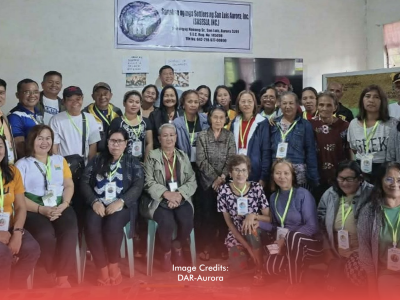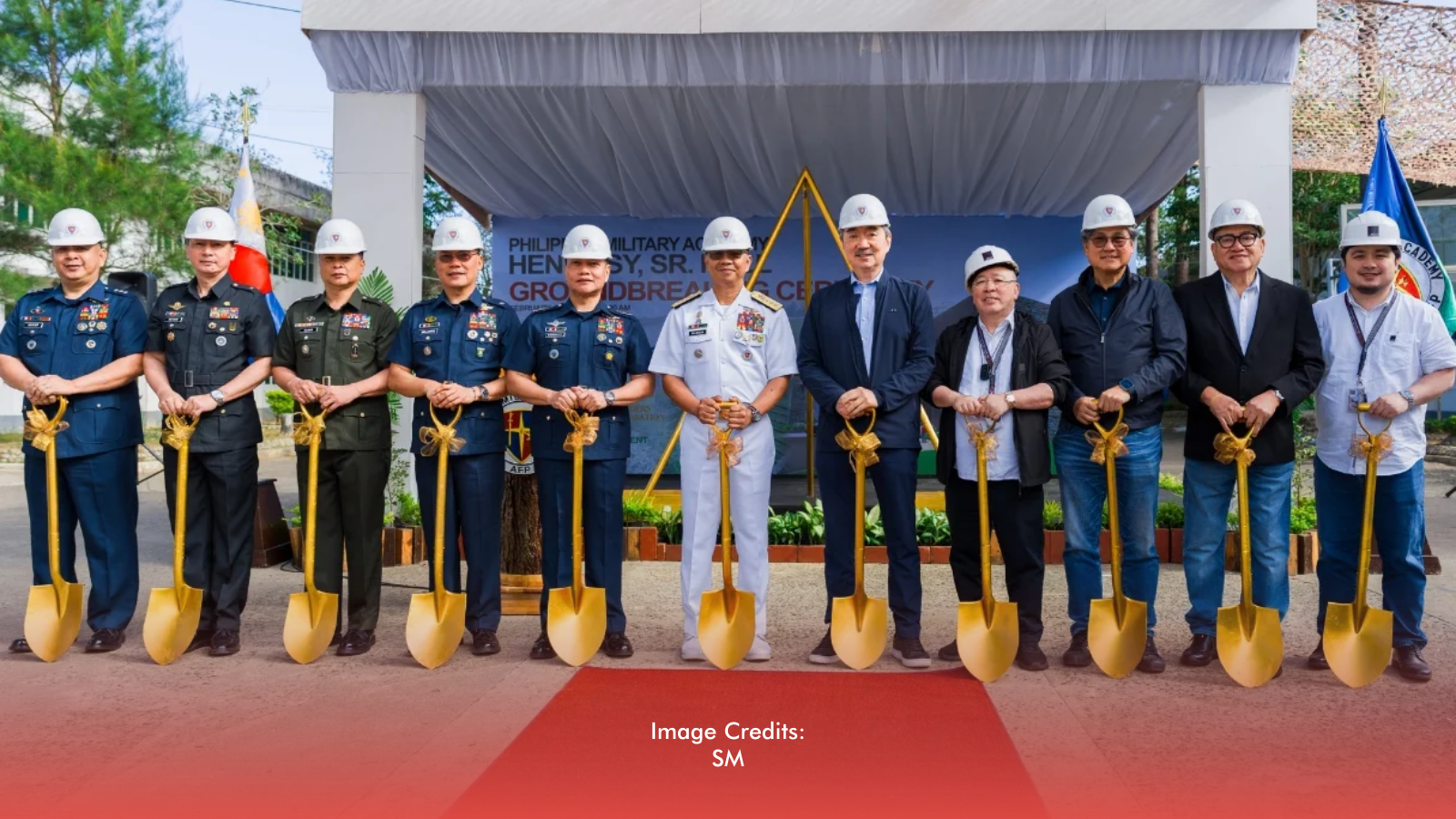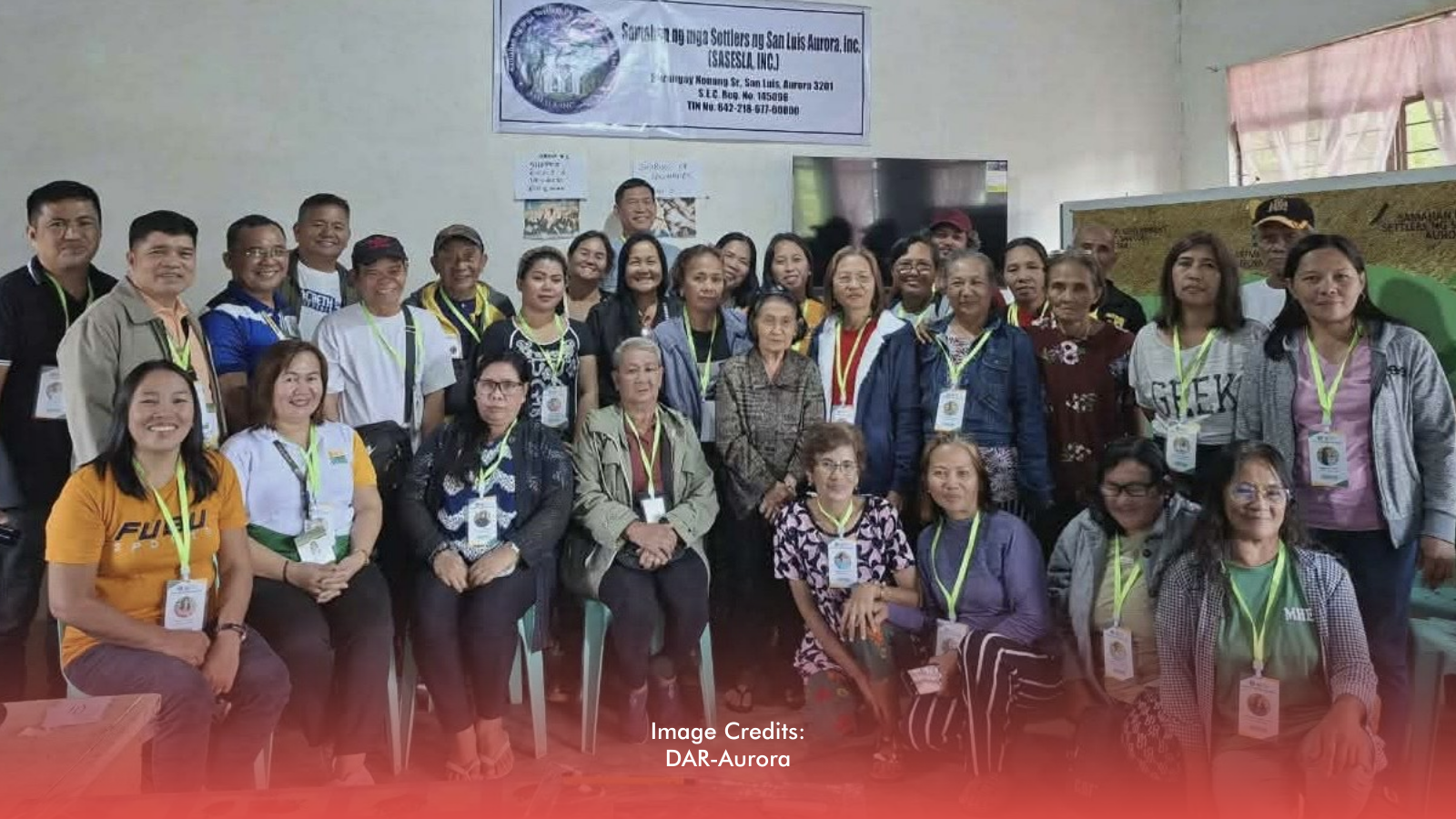The Philippines has taken a significant step forward in energy innovation with the launch of its first-ever research laboratory dedicated to quantum computing for the energy sector.
The Quantum and Intelligent Systems Laboratory for Power Engineering (QISLaP), established at the Technological Institute of the Philippines (TIP), received a PHP18 million investment from the Department of Science and Technology-Philippine Council for Industry, Energy, and Emerging Technology Research and Development (DOST-PCIEERD). Officially opened on Friday, March 21, this state-of-the-art facility is poised to revolutionize how the country manages its energy resources and ensures a sustainable, efficient, and reliable energy supply.
Harnessing Hybrid Quantum Computing for Energy Solutions
QISLaP will focus on developing hybrid quantum computing models to address some of the most pressing challenges in the energy sector. By combining classical computing methods with the power of quantum computing, the lab aims to create predictive models that can optimize energy production, distribution, and consumption.
These models will forecast key energy metrics such as electricity demand, wind speed, solar irradiance, and electricity prices with higher accuracy and efficiency than current technologies allow.
TIP professor and project leader Gerard Francesco Apolinario explained that these quantum-based solutions will enhance grid management, improve forecasting, and facilitate smarter energy decision-making. Hybrid quantum computing’s ability to handle complex data and computations will enable better integration of renewable energy sources like wind and solar, addressing both energy supply challenges and sustainability goals. This initiative marks a major milestone in the Philippines' ongoing efforts to modernize its energy infrastructure.
A Collaborative Research Hub for Energy Innovation
QISLaP is designed as a collaborative space for researchers, students, and external experts to work together on advancing energy solutions. The laboratory will serve as a hub for academic and industry partnerships, providing an avenue for joint research projects focused on improving energy systems. DOST-PCIEERD Director Enrico Paringit emphasized that the lab will help develop innovative solutions to enhance the resilience and efficiency of the nation’s energy infrastructure. TIP President Angelo Lahoz reinforced the university’s commitment to applied research, while DOST Secretary Renato Solidum Jr. expressed his confidence that QISLaP will lay the foundation for a more sustainable and resilient energy future for the Philippines.








